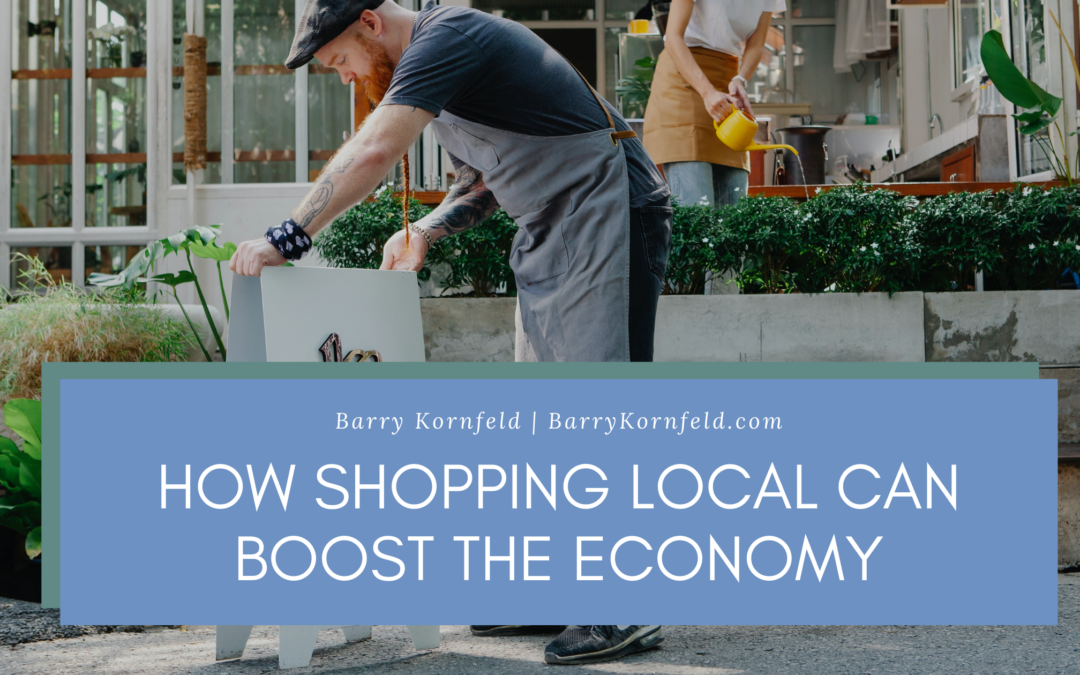Supporting a small or family-owned business goes far beyond showing a neighbor or a member of your community support. Local businesses have a significant influence on the economy, especially in the past year when so many of them had to shut their doors since the pandemic. It’s imperative to shop locally to support your community and boost the economy.
Chain Retailers vs. the Local Economy
While many people are often drawn to big-name stores and chain retailers, they’re not as good for the economy as local businesses. When you spend your money on small businesses in your community, that money stays in the local economy at a higher percentage than that spent at chain retailers. When you spend your money on chain retailers, only about 14% of it will stay in the local economy. By shopping locally and supporting the small businesses in your area, you’re boosting your local economy.
More Local Jobs
Another great economic advantage to local businesses is the number of local jobs that they provide. The more local businesses you support, the more jobs they’ll be able to offer. Small businesses account for the majority of new jobs created every year, which is why they are so essential to the economy. Research shows that in 2018, Amazon transactions resulted in the displacement of 900,000 retail jobs. Chain retailers only hurt employment levels, so supporting locally owned businesses is the best way to strengthen the economy by increasing employment and providing more jobs to the community.
Investing in the Community
As mentioned before, supporting small and independent businesses in your community puts more money into the local economy. This boost to the economy helps create a community that locals can thrive in. This means that they are far less likely to leave and are invested in the community’s future. According to research, for every $100 spent at a locally owned business, about $58 recirculates and remains in the local economy. By investing in businesses owned by family, friends, and neighbors, you are investing in the community you all live in.

